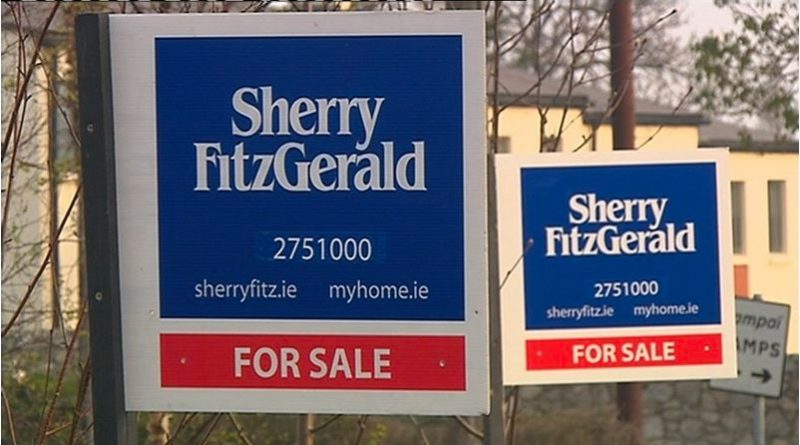Home Builders Welcome Help to Buy Incentive
Over 100 CIF Irish Home Builders gathered on Tuesday morning for a breakfast briefing on the Help to Buy incentive led by a team from the Revenue Commissioners.
The briefing, hosted by the Irish Home Builders Association, took place at the Construction Industry Federation (CIF) Head Office in Dublin.
CIF Director General Tom Parlon said, “The Help to Buy incentive is part of Minister Coveney’s Rebuilding Ireland strategy that envisages a 25,000 annual output in housing supply. Recent completion figures for housing show that the industry will produce around 14,000 this year and this is expected to ramp up significantly in the coming years.”
“Irish home builders want this to work and they want to build. It is inaccurate to state that builders aren’t building. In many cases builders cannot build because it is not financially viable. The reasons for this are well known at this stage. Finance is a key issue and the banks’ appetite for risk on smaller developments is not there. The patchy standard of planning in some local authorities is another key cost driver. A lot of zoned land isn’t properly serviced to enable housebuilding. Minister Coveney is trying to address these issues and remove these genuine barriers to housebuilding. His infrastructure fund and the Help to Buy incentive are important steps. However, more can be done during the current crisis to reduce the cost of housebuilding by reducing levies, which should be covered by residential property tax for example. The Government must consider a reduction in VAT, if only until we meet the desired output target identified by the ESRI of 25,000 new houses per year. The tax take on the increased number of houses will surpass the cost of any VAT reduction for the exchequer within a couple of years.”
“The Help to Buy incentive will have an impact on supply in the first-time buyer market. Commencement statistics for the past few years show that builders have not been building starter homes; the reason being that banks were not willing to lend when the first-time buyer couldn’t access a mortgage. The latest Construction Industry Federation (CIF) House Building Activity report shows that house building increased by over 30% in 2016, with a total of 5,626 residential units registered in 2016. This represents a significant increase on house building activity carried out in 2015 and housing output is strengthening as we begin 2017. However, only 24% of these houses are considered ‘starter homes,’ while in a normally functioning market the level would be closer to 50%.”
“The Help to Buy incentive is strongly welcomed by industry, whose members want to get up and running with it as soon as they can. We want this to happen and CIF will continue to work closely with Revenue to ensure the system workers and has an impact on the housing crisis.”
The CIF Help to Buy breakfast briefing focused on how the incentive will work, from the housebuilder and contractor perspectives. House builders must register as qualified contractors to take part in the scheme. Likewise, first-time buyers will only be able to avail of the incentive for houses built by qualified contractors. These contractors will be allowed to leverage the deposits of first-time buyers who qualify for the scheme to develop sites.
The Help to Buy (HTB) scheme is an incentivised way of increasing stock in the housing market. The scheme provides first-time buyers with a refund of income tax and DIRT paid over the previous four tax years in order to purchase or self-build a new house or apartment.
However, a number of criteria will apply to contractors involved in the process, for example, they must be tax compliant. The Irish Home Builders Association is encouraging its members to register promptly with Revenue to ensure that the incentive has maximum impact in generating supply to meet the growing demand in the first-time buyer market.
For more information see: www.cif.ie

